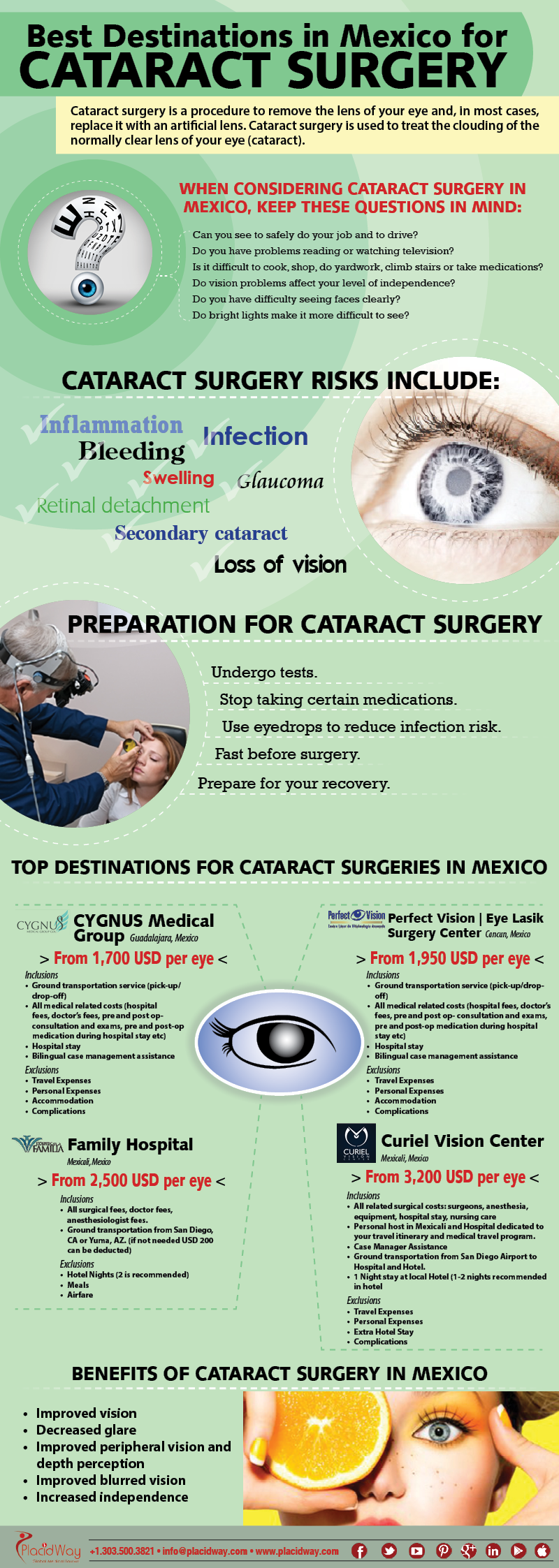Considering SMILE Surgical Procedure? Uncover Significant Considerations And Insights To Sustain You In Making A Wise Selection Regarding Your Vision Ahead
Considering SMILE Surgical Procedure? Uncover Significant Considerations And Insights To Sustain You In Making A Wise Selection Regarding Your Vision Ahead
Blog Article
Content Develop By-Hollis Cooley
If you're considering SMILE eye surgery, ponder this: are you prepared to welcome possible visual liberty, or does the idea of any kind of threats make you be reluctant? Your decision will rest on a cautious equilibrium of weighing the advantages versus the uncertainties. It's important to dig deeper into the nuances of SMILE surgery to make an informed option that lines up with your aesthetic goals.
Understanding SMILE Eye Surgical Procedure
When considering SMILE Eye Surgery, it is very important to understand the treatment and its advantages. SMILE, which represents Little Laceration Lenticule Extraction, is a minimally intrusive laser eye surgical procedure that corrects usual vision problems like nearsightedness (nearsightedness).
Throughout the procedure, your eye specialist will certainly utilize a femtosecond laser to develop a tiny incision in your cornea. With this incision, a little disc of cells called a lenticule is removed, improving the cornea and fixing your vision.
One of the essential benefits of SMILE Eye Surgical procedure is its fast recuperation time. Numerous people experience enhanced vision within a day or 2 after the procedure, with minimal discomfort.
In addition, SMILE is known for its high success price in offering long-term vision improvement. Unlike LASIK, SMILE does not call for the creation of a flap in the cornea, minimizing the threat of problems and permitting a much more secure corneal framework post-surgery.
Understanding the procedure and its benefits is important when considering SMILE Eye Surgical procedure for vision improvement.
Pros and Cons of SMILE
Considering SMILE Eye Surgical procedure for vision modification features different benefits and potential disadvantages.
One of the primary pros of SMILE is its minimally invasive nature, as it includes a small laceration and normally causes quick recuperation times. The treatment is also recognized for triggering marginal pain and completely dry eye signs and symptoms post-surgery compared to various other vision modification techniques. Additionally, SMILE has been revealed to provide excellent aesthetic end results, with many individuals achieving 20/20 vision or better.
On https://edwinepbpy.dreamyblogs.com/31814491/utilize-way-of-living-modifications-after-cataract-surgical-procedure-to-achieve-the-very-best-possible-vision-clearness-and-keep-long-term-eye-wellness , a potential con of SMILE is that it may not be suitable for people with severe refractive errors, as the treatment variety is somewhat limited contrasted to LASIK. An additional consideration is that the discovering contour for specialists executing SMILE can impact the accessibility of skilled companies in specific locations.
It is essential to weigh these benefits and drawbacks thoroughly when determining if SMILE is the appropriate option for your vision improvement demands.
Identifying Qualification for SMILE
To identify if you're qualified for SMILE eye surgical treatment, your eye doctor will certainly carry out a detailed evaluation of your eye health and wellness and vision needs. During this evaluation, aspects such as the stability of your vision prescription, the thickness of your cornea, and the total health of your eyes will be assessed.
Typically, candidates for SMILE are over 22 years old, have a secure vision prescription for at least a year, and have healthy corneas without problems like keratoconus.
Your ophthalmologist will certainly also consider your total eye wellness, any type of existing eye conditions, and your way of living needs to identify if SMILE is the ideal selection for you. It's important to interact any type of specific visual needs or concerns you might have during this analysis to make sure that the treatment lines up with your expectations.
If you aren't eligible for SMILE, your optometrist might suggest different vision modification alternatives that much better match your specific needs and eye health condition.
https://www.theweek.in/news/biz-tech/2021/02/03/Is-LASIK-the-way-to-go-for-vision-correction-here-are-your-answers.html , choosing whether SMILE eye surgical procedure is right for you requires careful consideration of your private eye health and wellness and visual needs. Consult with your optometrist to identify your eligibility for the treatment and consider the prospective benefits and downsides. Bear in mind to interact any worries or questions you might have throughout the examination procedure to make an educated choice regarding your vision correction choices.
